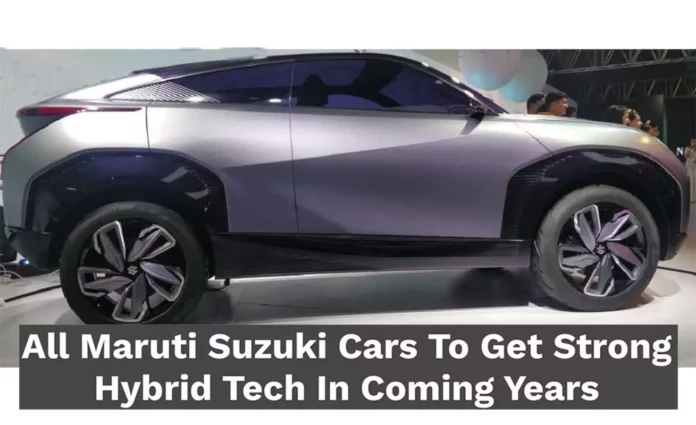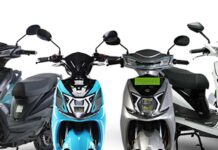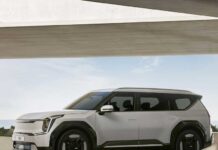
Country’s largest carmaker Maruti Suzuki India Limited (MSIL) which will launch its first EV by 2025, is betting on a bouquet of technologies until then. Starting with the low hanging fruit of CNG, it is now moving towards mild hybrids and strong hybrids, while focusing on ethanol and bio-CNG compliant engines, thereby also helping the company meet Corporate Average Fuel Economy (CAFE) regulations. “Moving to strong hybrids can result in 30% reduction in CO2 compared to ICEs and about 20% reduction in CO2 compared to CNGs.
In the next 3-5 years, we will look at the use cases, see what the customer wants and then work on where we can place our bets. All this will work parallelly with what is happening now,” said CV Raman, Chief Technology Officer (CTO), Maruti Suzuki. The carmaker, which is making an attempt to regain its lost market share, is all set to unveil its hybrid SUV, based on the Hyryder in the third week of July.
“We will gradually bring strong hybrids across our range of vehicles by the next 5-7 years. Our aim is to bring technology, make it accessible across our range, and thereby reduce its cost,” said Raman. In India, the total tax incidence on hybrid vehicles is 43%, while battery EVs attract a tax of about 5%. “Hybrid technology should be given its due,” said Raman, when asked about the difference in taxation.
Maruti Suzuki is also working on different chemistries of batteries and is on track to bring E20 material compliant vehicles by 2023. “E20 is a good step as it will lead to carbon neutrality and is nearer to meeting the targets for COP26.” E20 is a blend of 20% ethanol and 80% petrol. The Indian government has laid down a target of achieving 20% ethanol blending in petrol by 2025.
In the next 5-7 years, the carmaker estimates that every vehicle in the market will come with some other form of powertrain technology, and it will not be just another petrol vehicle. Maruti Suzuki exited the diesel segment for its passenger vehicles in April 2020, and has no plans to go back at it. It has been focusing on CNG technology since last year.
Currently, Maruti offers eight CNG-powered vehicles Alto, S-Presso, Celerio, WagonR, Ertiga, Eeco, and Dzire in its portfolio. It also plans to make CNG options available on all small cars in future.
Going forward, increasing difference in fuel prices, multiple product options and improving availability of CNG filling stations are expected to continue to drive the demand for CNG.








